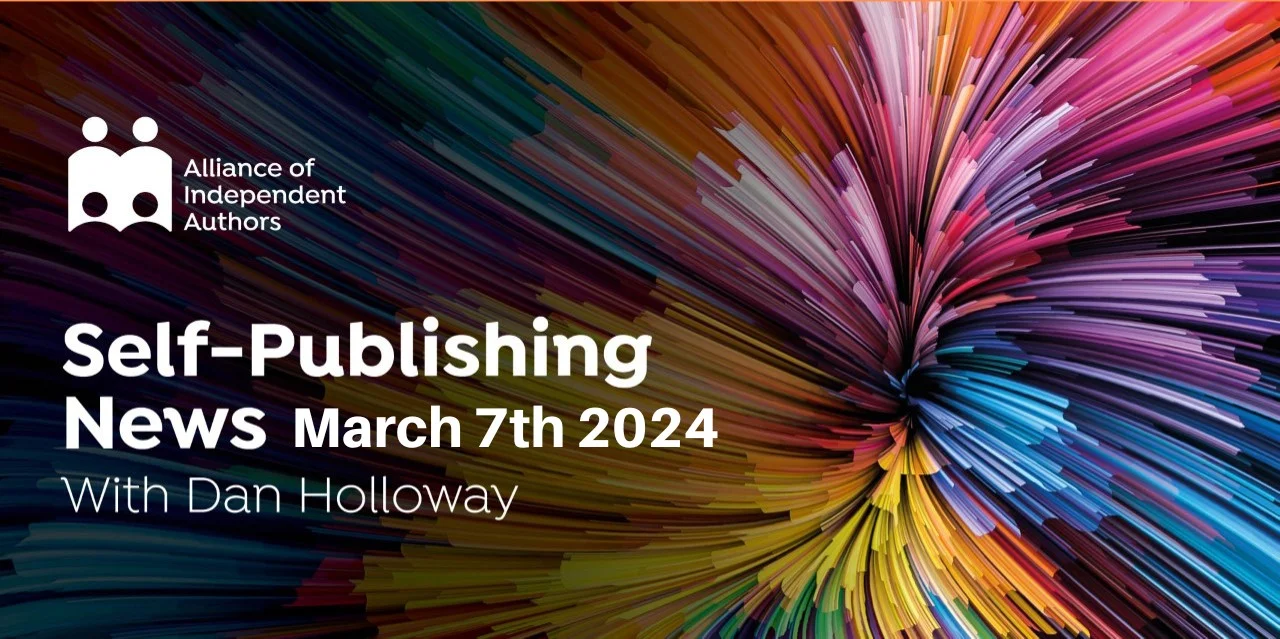
ALLi News Editor, Dan Holloway
On the eve of London Book Fair, AI and audiobooks remain stubbornly in the forefront of the news here at the Alliance of Independent Authors.
Those themes have collided in several pieces this week, so let’s survey what’s happened and see if we can make sense of it in one place. I’ll start with the always worth reading Kris Kathryn Rusch. The Findaway Voices by Spotify terms of service debacle has seen a lot of authors get very angry. Rusch has added in the last few days to the sum total of that ire. But unlike many, she has directed her anger not at Findaway or Spotify but at writers. Specifically at the writers and groups representing them that celebrated the u-turn on terms of service as a victory.
What she says is that the new terms of service might be better than the originally proposed change but they are still a ton worse than they had been before. In particular, it would take very little for them to be tweaked so our audiobooks could be used to train AI without consent. Rusch sees the whole choreography as a bait and switch to get writers to accept a change by making it seem better than it might have been. I’m not 100% sure of that. And not all writers have taken kindly to the suggestion they have been duped. I am sure that her admonition for us to learn more about business and the ways of copyright law is a good one.
Elon Musk suing OpenAI
Talking terms and conditions and AI, something I didn’t necessarily have on my bingo card this week is Elon Musk suing OpenAI. Musk claims the company breached the terms under which Musk provided funding as co-founder. OpenAI was originally set up as a non-profit. But shortly before accepting a $1b investment from Microsoft, the company changed its trading terms. Musk wants the company forced to return to its non-profit status. OpenAI have also been on the front foot this week, claiming the New York Times, with whom it is involved in a bitter lawsuit following the breakdown of negotiations over terms for using the paper’s columns to train AI, paid someone to hack them.
And to come back to AI and audiobooks, the week has seen the publishing industry reacting in very different ways to the rise of AI audiobook narration. A Washington Post audiobook reviewer goes all in on ringing the alarm bells, proclaiming that AI narration is coming for your jobs and your very soul. Mark Williams has a somewhat more balanced headline: “AI and the Future of the Audiobook Industry – It’s Not Either Or” reporting on a speech by Carlo Carrenho, audio ambassador to Frankfurt Book Fair. Carrenho takes the position that the future, and the book industry in particular, has space for both humans and machines.




